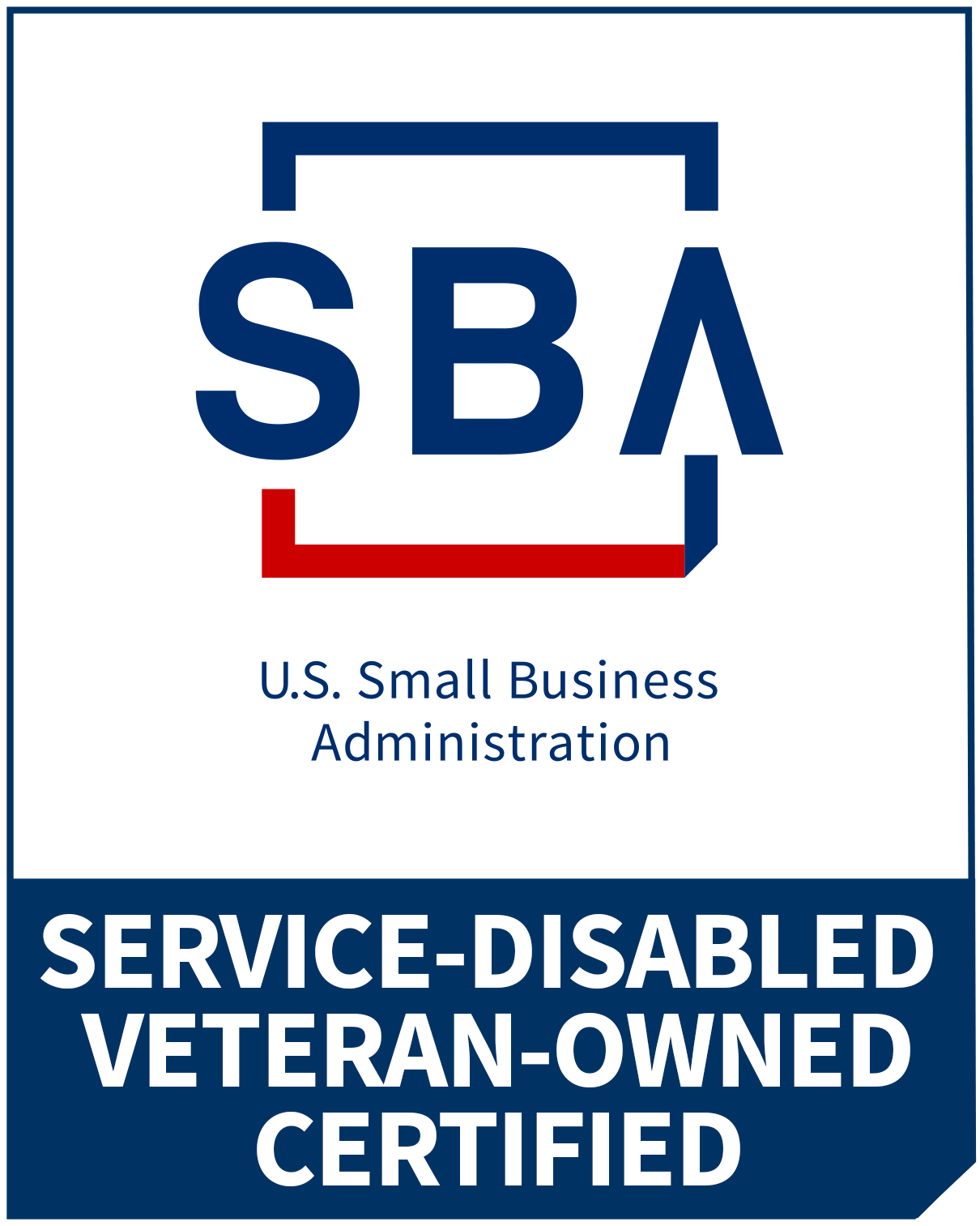There’s a meme going around LinkedIn these days about a job posting that requires of the ideal candidate experience that’s physically impossible: a history of use of a platform or programming language that’s longer than the language’s existence in the first place. There’s even been a mocking job posting put up with a cascade of similar impossibilities as requirements.
But that led me to thinking: As I’ve written about before, I sometimes browse through job postings on LinkedIn and Glassdoor in the CX field. What I mentioned in that previous post was how disparate the actual jobs are that are all listed as “CX” in some way or another. But the joke about a job requirement for experience that’s literally impossible to have acquired set off a bell in my mind that reminded me of another thing a lot of these CX job postings have in common: They almost universally require extensive experience in the hiring company’s industry.
While this may sound like a no-brainer to some folks—after all, you don’t hire a Chief Operating Officer for your digital technology company who’s never done any sort of tech work before—I wonder what a huge opportunity these organizations are missing here. Surely there are many ways in which industry-specific knowledge is helpful so a new CX leader can hit the ground running and have some familiarity with the moving parts of your widget company. And that knowledge can certainly be gleaned from having worked at a peer widget manufacturer or in an adjacent industry (a widget sub-component manufacturer, for example).
But think about it this way: The “Zappos of the [insert your industry here] space” would be well-served to have some knowledge of how your industry works, sure. But isn’t the magic of the Customer experience working with Zappos rooted in them not doing things the way the rest of their industry does? What’s more, as I say all the time, the biggest mistake we make in CX is mistaking our inconvenience for that of our Customers’ inconvenience. Someone who is embedded, or has ‘grown up’ in your industry is less likely to be able even to see things from the Customers’ perspective. The more familiar we are with the ins-and-outs of how the machinery of our organizations (and industries) run, the more likely we are to be blind to the impact the processes have on our Customers who are, by definition, outside of the process. We lose our empathy, and we lose our sense of perspective.
Additionally, as I’ve mentioned before, when hiring your team (or identifying your CX leadership), you should be looking for a diverse background. Someone who’s spent time in tech, manufacturing, hospitality, and retail will have a tremendously broad and deep appreciation for what it’s like to be a Customer compared with someone who’s been in just one industry his or her entire career.
If a hospital or other healthcare organization is looking for a VP of Patient Experience, it may be tempting to insist that whomever you hire have ten or twenty (or more!) years working in the healthcare field. But that CX practitioner with the background in tech, manufacturing, hospitality, and retail, is going to bring a perspective that someone who knows all the inner-workings of the healthcare system will have long since forgotten. Someone with that extensive knowledge of healthcare and the processes required for it is much less likely to even see the red flags of aggravation and inconvenience on the Customer’s side of the process and much more likely to internalize that this-or-that part of the process simply takes a long time, and the patient (or the patient’s family) will just have to realize that.
On the other hand, that CX practitioner with the diverse background will enter the role as someone who can truly walk in the Customer’s shoes without any pre-conceived notions of what the process is allegedly supposed to be. That CX professional will ask questions like: Why on earth do we make the patient’s family endure this? and Isn’t there a way to do this that takes the inconvenience out of the process for the patient? Someone with years of experience in the healthcare industry is less likely to take that perspective because he or she simply accepts that…well, that’s the way it has to happen. No curiosity, no inquiry, no breakthrough improvements.
So by all means, hire your CX leaders for their curiosity and creativity. Hire them because they know about strategy and VoC and Process Engineering and Customer-centric culture. Hire them because they have experience improving CX somewhere else. Hire them because they’re inquisitive and brilliant thought-leaders with a history of inspiring others to put the Customers first.
Just don’t poach them away from your competitors or insist that they’ve been doing the same thing in your same industry forever and think that’s the key. Zappos isn’t known for its CX because Tony Hsieh was a big shoe salesman. And it’s unlikely Al Bundy knows much about wowing Customers.





